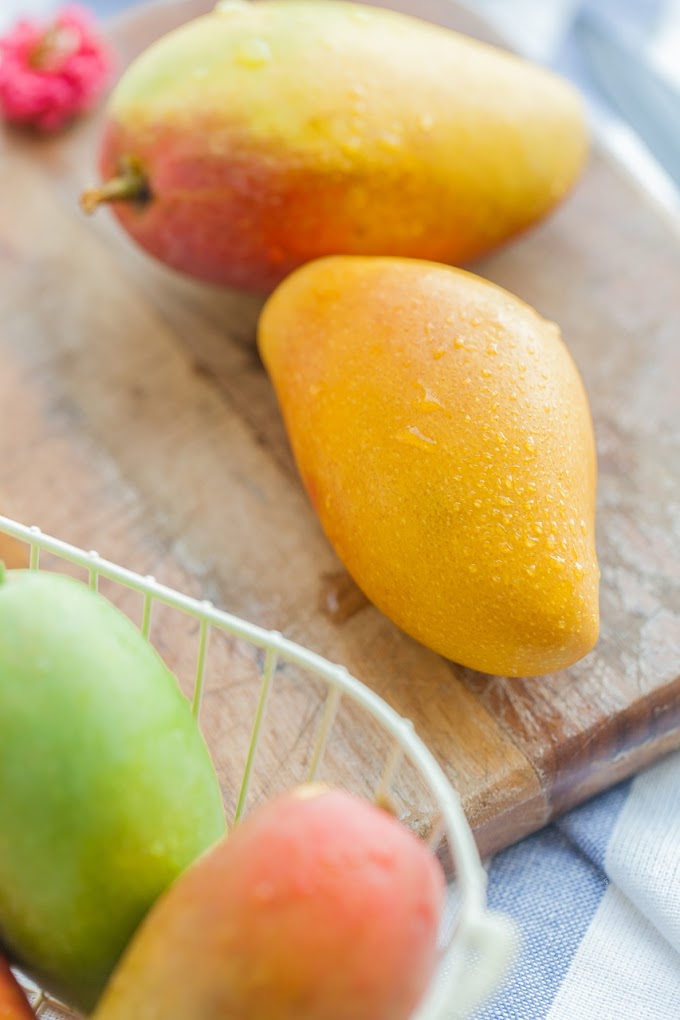Pongal is a popular harvest festival celebrated in the southern Indian state of Tamil Nadu and other parts of South India. It is typically observed in mid-January and is considered one of the most significant and joyous festivals in the region.
The festival is named after the dish "Pongal," which is a sweet and savory rice pudding made from newly harvested rice, lentils, jaggery (unrefined cane sugar), and various spices. Pongal is cooked in an earthen pot outdoors, usually in a courtyard or on the verandah, and is offered to the Hindu deity of the sun, Lord Surya, as a gesture of gratitude for a bountiful harvest.
Pongal lasts for four days and each day has its own significan.
1.Bhogi Pongal: The first day is called Bhogi Pongal and is dedicated to Lord Indra, the god of rain and clouds. People discard old belongings, clean their houses, and light bonfires to symbolize the destruction of evil and the arrival of a new beginning.
2.Thai Pongal: The second day is the main day of the festival and is known as Thai Pongal. On this day, people wake up early, decorate their houses with colorful kolam (rice flour designs), and cook the Pongal dish. The cooked Pongal is then offered to the Sun God, along with other traditional dishes. People dress in new clothes, visit temples, exchange greetings, and enjoy various cultural activities and games.
3.Maattu Pongal: The third day is called Maattu Pongal, which is dedicated to cattle. Cows and bulls, considered sacred in Hinduism, are bathed, decorated, and worshipped. They are paraded through the streets, and various events like bull-taming contests called "Jallikattu" are organized.
4.Kaanum Pongal: The fourth and final day is called Kaanum Pongal, which means "seeing the Pongal." It is a day for family get-togethers and outings. People visit relatives and friends, enjoy festive meals, and spend time together. They also engage in recreational activities like playing games, flying kites, and visiting amusement parks.
Pongal is a time of joy, gratitude, and community bonding. It celebrates the agricultural abundance and the importance of nature in people's lives. The festival promotes unity, harmony, and thankfulness for the blessings of a good harvest.
Pongal festival is famous for several reasons:
2.Cultural Significance: Pongal is deeply rooted in the cultural heritage of Tamil Nadu and other South Indian states. It is a time when people come together to celebrate their traditions, customs, and rituals. The festival showcases the vibrant cultural aspects of the region, including traditional attire, music, dance performances, and folk art forms.
3.Traditional Cuisine: The highlight of Pongal festival is the preparation and consumption of the special dish called Pongal. This sweet and savory rice dish, made from freshly harvested ingredients, is considered a delicacy and a central part of the festivities. Pongal is cooked outdoors, usually in earthen pots, which adds to the traditional charm of the festival.
4.Social Bonding and Reunion: Pongal is a time when families and friends come together to celebrate. It provides an opportunity for people to reunite, exchange greetings, and strengthen social bonds. People visit each other's homes, share festive meals, exchange gifts, and engage in various activities that promote camaraderie and togetherness.
5.Joyous Atmosphere: Pongal creates a festive atmosphere filled with joy, enthusiasm, and merriment. The streets are adorned with colorful decorations, and cultural events, folk dances, and music performances are organized. People participate in traditional games and activities, adding to the overall festive spirit.
6.Preservation of Tradition: Pongal festival plays a crucial role in preserving and promoting the rich cultural heritage of South India. It allows younger generations to learn about their roots, customs, and agricultural practices. The festival acts as a link between the past and the present, ensuring that age-old traditions are carried forward to future generations.
Overall, the fame of Pongal festival stems from its agricultural significance, cultural importance, delicious cuisine, social bonding, and the sense of joy and celebration it brings to the communities in South India.
Pongal festival famous history
The history of the Pongal festival can be traced back to ancient times and is deeply rooted in the agricultural heritage of South India. The festival holds historical and cultural significance, and its origins are believed to be connected to the Dravidian civilization and the worship of nature.
Pongal is associated with the Tamil solar calendar and is celebrated to mark the transition of the Sun into the zodiac sign of Capricorn (known as Makara in Sanskrit). This transition, known as the Uttarayana, signifies the end of the winter solstice and the beginning of longer days, indicating the arrival of the harvest season.
The festival is closely linked to the agricultural practices and the farming community of the region. It is a time when farmers express gratitude for the abundant harvest and seek blessings for future agricultural prosperity. Pongal is celebrated as a way of honoring the Sun God, Lord Surya, and other deities associated with agriculture and nature.
The historical roots of Pongal can be found in ancient Tamil literature, particularly the Sangam literature. The Sangam period, which lasted from around 300 BCE to 300 CE, was a time when Tamil poetry and literature flourished. Many of these literary works, such as the "Purananuru" and the "Ainkurunuru," make references to the celebration of Pongal, highlighting its historical and cultural significance.
The festival also has connections to various mythological and religious stories. One popular legend is the story of Lord Shiva and Goddess Parvati. According to the myth, Parvati had a desire to have Lord Shiva as her husband. She performed intense penance, and Lord Shiva, impressed by her devotion, granted her wish and married her on the day of Pongal. This story symbolizes the importance of marital harmony and blessings for a prosperous life.
Another mythological tale associated with Pongal is the story of King Mahabali. According to Hindu mythology, Mahabali was a benevolent and generous king who ruled Kerala. Lord Vishnu, in the form of Vamana, visited Mahabali during the harvest season and asked for three steps of land. Mahabali, being a generous king, agreed. Lord Vishnu, in his Vamana form, grew in size and covered the entire Earth with his first two steps. For the third step, Mahabali offered his head, and Lord Vishnu placed his foot on Mahabali's head, pushing him to the netherworld. It is believed that on the day of Pongal, King Mahabali visits his people and blesses them with prosperity and abundance.
These historical and mythological associations have contributed to the fame and cultural significance of the Pongal festival. It continues to be celebrated with great enthusiasm, preserving the traditions and values associated with agriculture, gratitude, and communal harmony.





